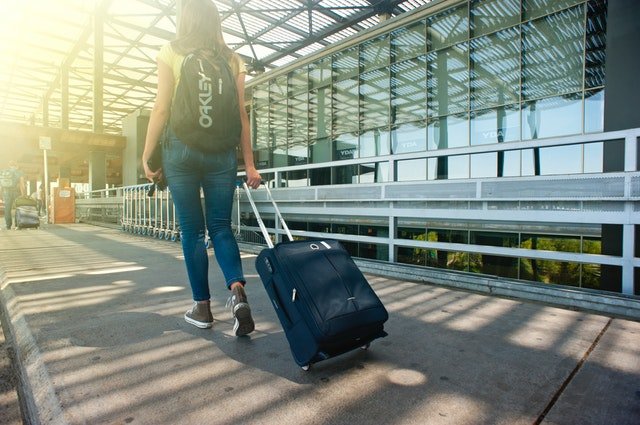
When you are traveling, it is hard to sleep well.
Poor sleep at night can disrupt your body clock and lead to many health problems, including diabetes, high blood pressure and mood issues.
You may also feel too tired to do regular physical activities and eat a healthy diet.
To solve the problem, Charlene Gamaldo, medical director of the Johns Hopkins Center for Sleep, provide six tips for all travelers.
You need to sleep strategically.
Three days before you’re scheduled to travel, begin moving your bedtime an hour earlier (or later, as appropriate) than you normally would.
Add another hour the second evening, and a third hour on the third day.
The researchers suggest that it takes one day per time zone for your body to adjust, so planning ahead can help ease the transition.
You should go with the local flow (usually).
After you land, try to sync up with the local schedule. If you’re landing when people are awake in the middle of the day, that’s what you want to do, too.
It is important to sleep as much as you can on the plane. If you’re going to be landing at night, do your best to stay awake on the plane and sleep at your destination.
You need to follow the two-day rule.
If you’re going to be staying somewhere fewer than two days, try and keep to your own schedule. By the time your body adapts, it’ll be time to come home.
In these cases, she suggests requesting that any obligations or meetings happen during the equivalent of your peak waking hours at home whenever possible.
Let there be light.
If your flight touches down first thing in the morning as you travel east, bring along a pair of sunglasses to minimize light exposure.
You need to get maximal light exposure in the late morning and early afternoon, which shifts your body clock closer to your destination’s time zone.
If you’re traveling westward, which is less disruptive, aim for light exposure in the early evening. Eat outdoors or go for a walk to push your body clock a bit later.
You should try to move your body.
When you’re ready to begin the day, you can take a warm shower and heading outside for exercise to signal your body that it’s time to get going.
Increasing core body temperature is a trigger for your body clock.
You can try to take melatonin.
Natural levels of the hormone melatonin typically rise about two hours before bedtime, preparing your body for rest.
If you’re traveling, your body might need a little nudge. Melatonin is available as a nonprescription sleep aid in doses of up to 10 milligrams.
It helps your body produce natural melatonin at the appropriate time when your schedule is off-kilter.
Studies indicate that light exposure during the day is more effective for resetting your internal clock.
Copyright © 2019 Knowridge Science Report. All rights reserved.



